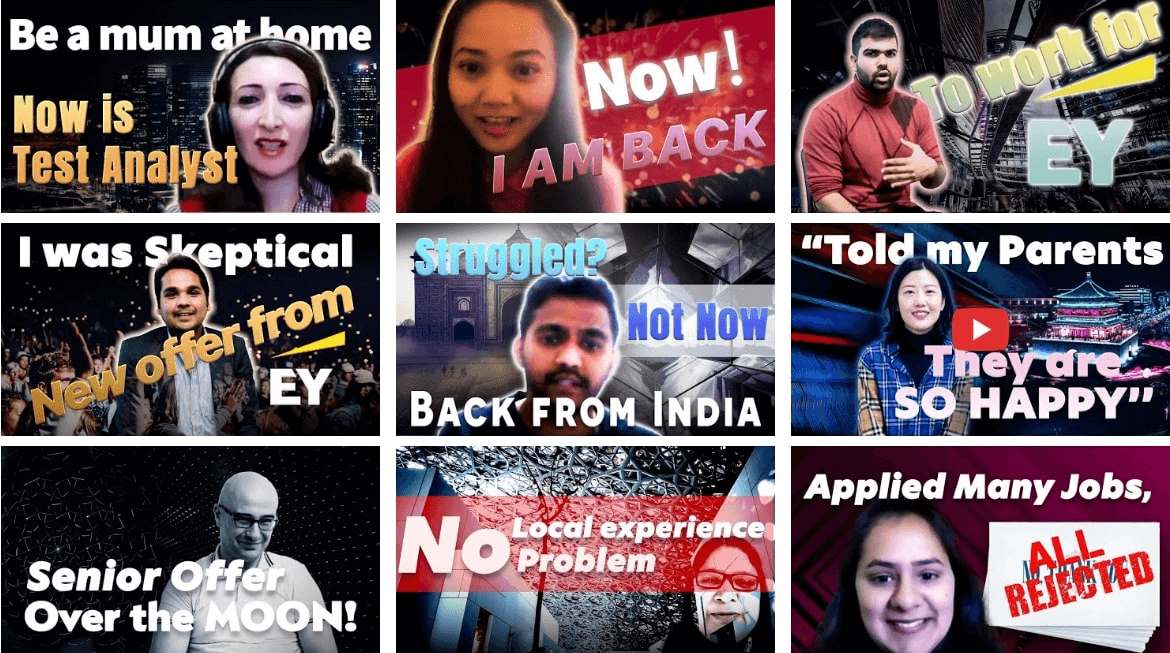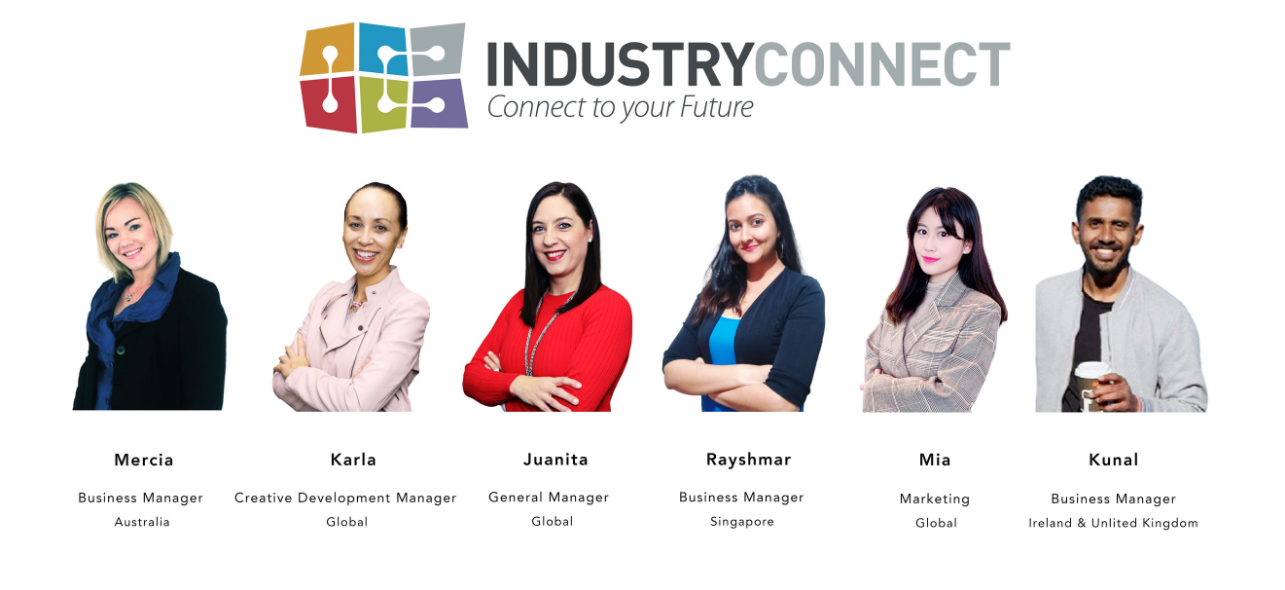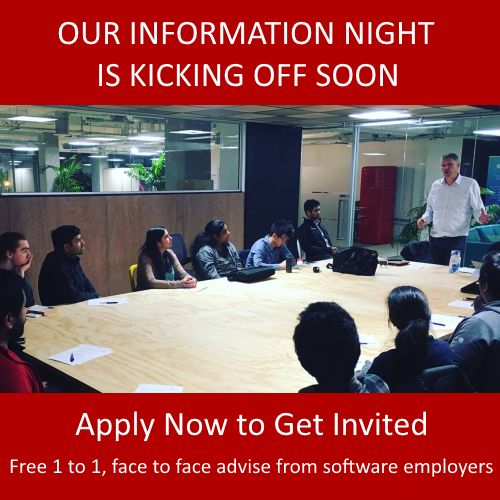In the world of software development, there are two main types of developers: backend developers and frontend developers.
While both roles are important in building a successful application, they have different responsibilities and skill sets. Let’s take a closer look at what each does and the difference between the two.
What is a Backend Developer?
Backend developers are responsible for building the server-side of an application. They work with the data and logic behind the scenes, which is not visible to the user. Backend developers use programming languages such as Java, Python, Ruby, and PHP to build complex applications that run on servers. They work with databases, APIs, servers, and other technologies that make up the server-side of an application.
Backend developers typically handle tasks such as:
- Designing and implementing databases
- Creating APIs for communication between different parts of an application
- Building and maintaining servers
- Handling security concerns related to data storage and transmission
- Optimizing performance and scalability of the application
What is a Frontend Developer?
Frontend developers are responsible for building the client-side of an application. They work on the part of the application that the user interacts with directly. Frontend developers use languages such as HTML, CSS, and JavaScript to create the user interface and the user experience. They work with frameworks and libraries such as React, Angular, and Vue to build responsive and interactive applications.
Frontend developers typically handle tasks such as:
- Creating the user interface and user experience
- Developing responsive and accessible designs for different devices
- Building interactions and animations to enhance user engagement
- Integrating with APIs and backend services
- Ensuring cross-browser compatibility
Differences Between Backend and Frontend Development
The main difference between backend and frontend development is the focus of their work. Backend developers focus on the stuff that goes on behind the scenes an application, while frontend developers focus on what the user sees. Backend developers work on the logic and data processing, while frontend developers work on the user interface and user experience.
The skills required for backend and frontend development are quite different. Backend developers require strong programming skills and knowledge of data structures and algorithms. Frontend developers require strong design skills and knowledge of user experience principles and responsive design.
To (unfairly) sum it up, backend developers are concerned about how it works, while frontend developers worry about how it looks.
Both backend and frontend developers play different but equally important roles in software development. Which role you are more suited to depends on you and your personality.
If you’re the creative type and like to see how things look and how people interact with them, then you’re more suited to frontend development.
If you’re more the analytical type then you’re a backend developer.
By understanding the differences between backend and frontend development, you can better appreciate the complex and collaborative nature of software development.
What is Industry Connect?
Industry Connect is an IT/Software Career Launchpad that has everything you need
to kick-start your IT/software career in AU, NZ, UK, IE, SG, HK, IN, ID, VN & PH.
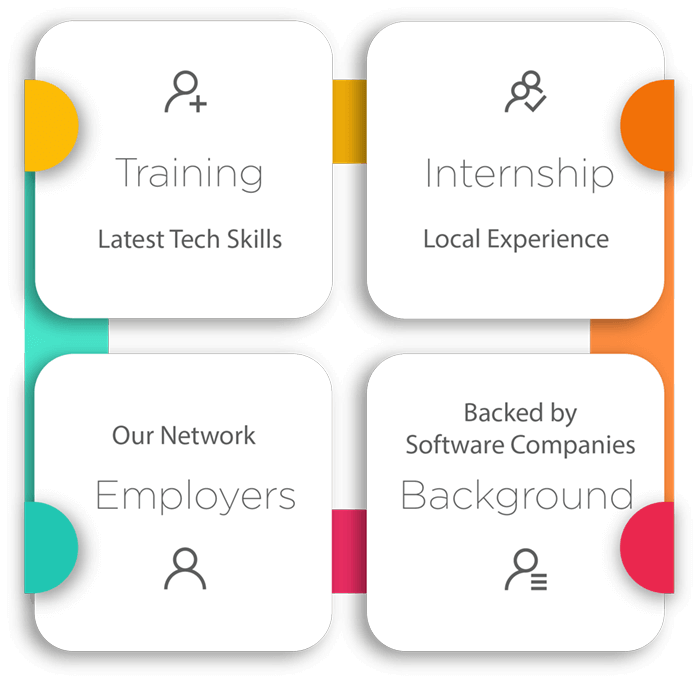
We have been helping career changers, recent IT graduates and people with a career gap
to start their IT/software careers.
Over the years, we have helped hundreds kick-start an IT/software career.
(Verifiable evidences are available on this website)
OUR CORE
We are an innovative software training school backed by global/local software companies.
Our ecosystem is an incubation process that supports our participants until they launch
a tech career.
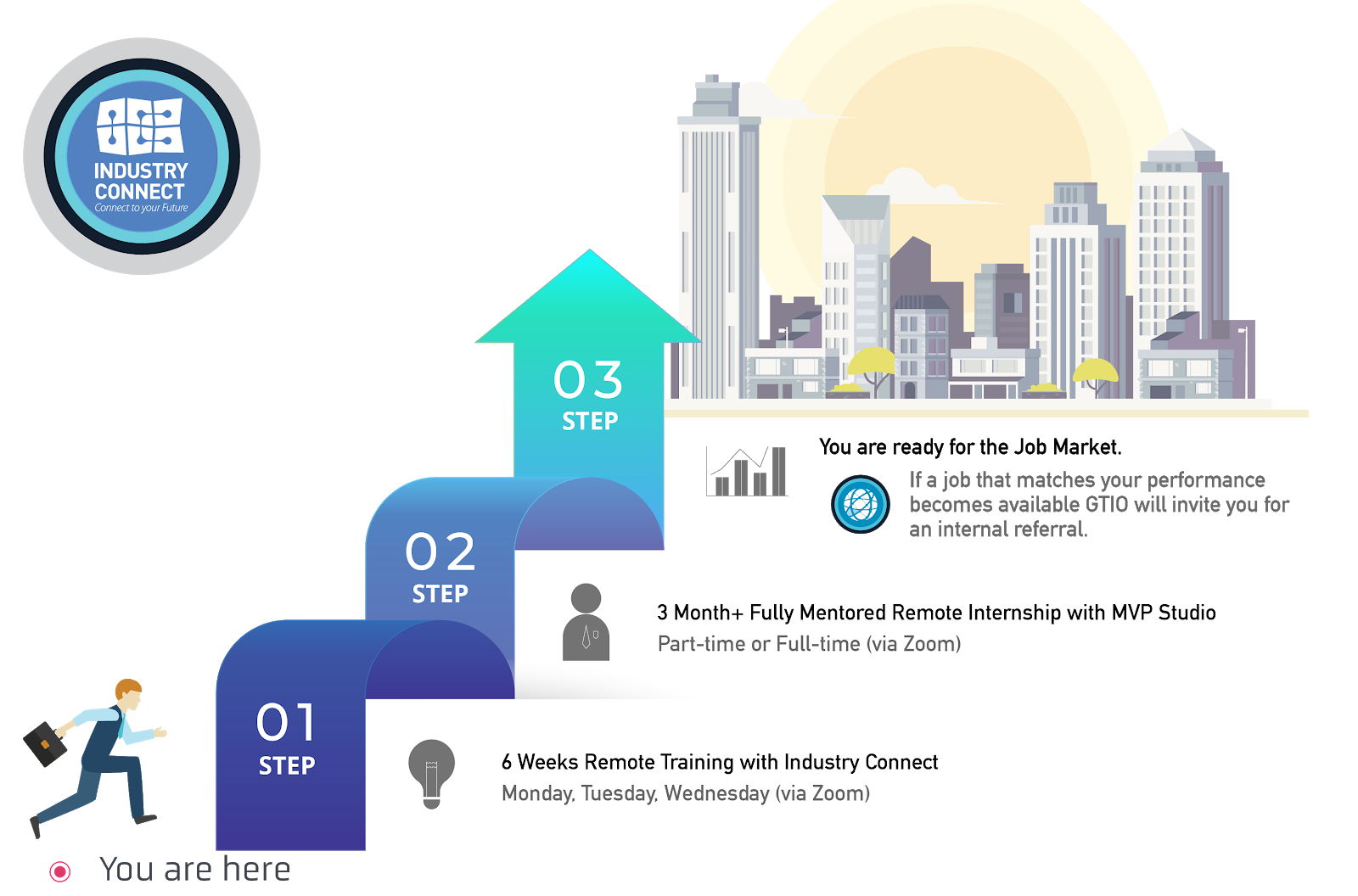
OUR PROGRAMMES
Our Job-Ready training programmes focus on:
- Software Development
- Business Intelligence (or Data Analyst)
- Test Analyst
PROGRAMME STRUCTURE
- Six Weeks Training Classes (Practical Tech Skills)
- Three Months (or more) Structured Internship on Large Commercial-Scale Projects (flexible hours)
- Employer Network (job analysis and internal referral if goals are met)
You can join us via Zoom (live face-to-face meeting) remotely from anywhere and
“download” the valuable knowledge & experiences from our tech experts across
different tech centres.
Watch 300+ Stories of Career Starters in IT/Software
- Career Changers & Switch to IT
- Recent Graduates
- People with a Career Gap
- New Software Developers
- New BI or Data Analysts
- New Test Analysts
Click the image to watch those who changed their careers to IT, had gap years and recent IT graduates.



